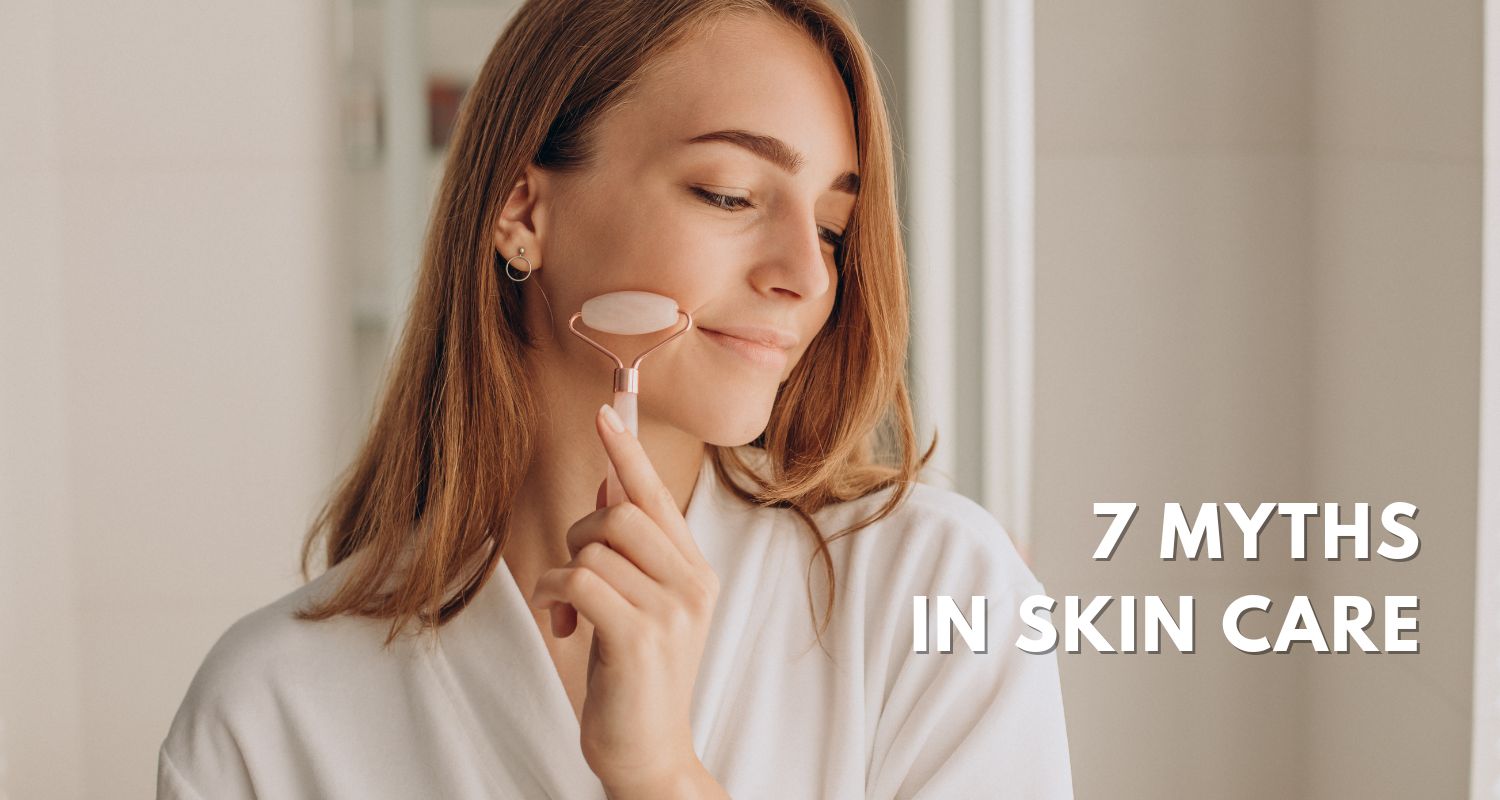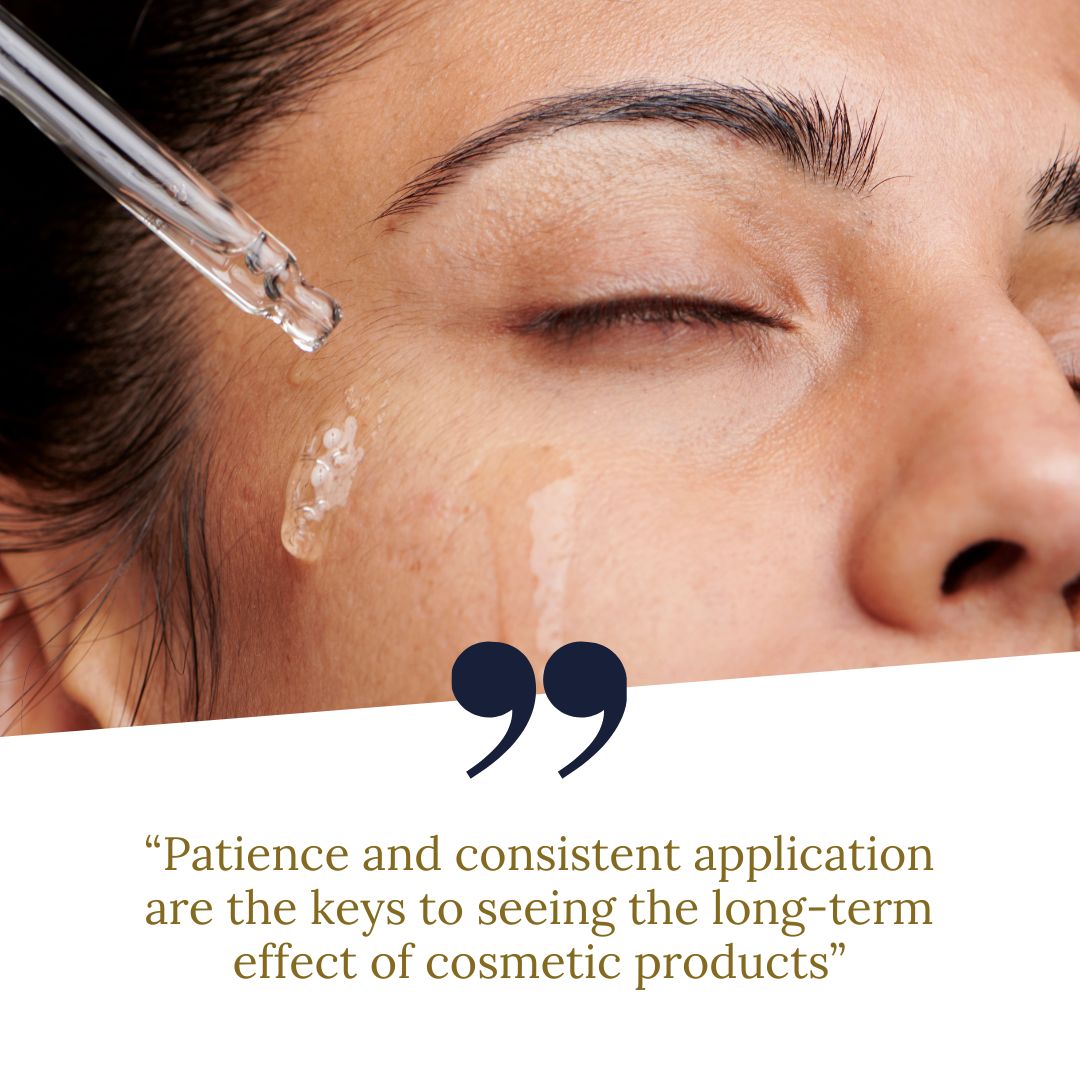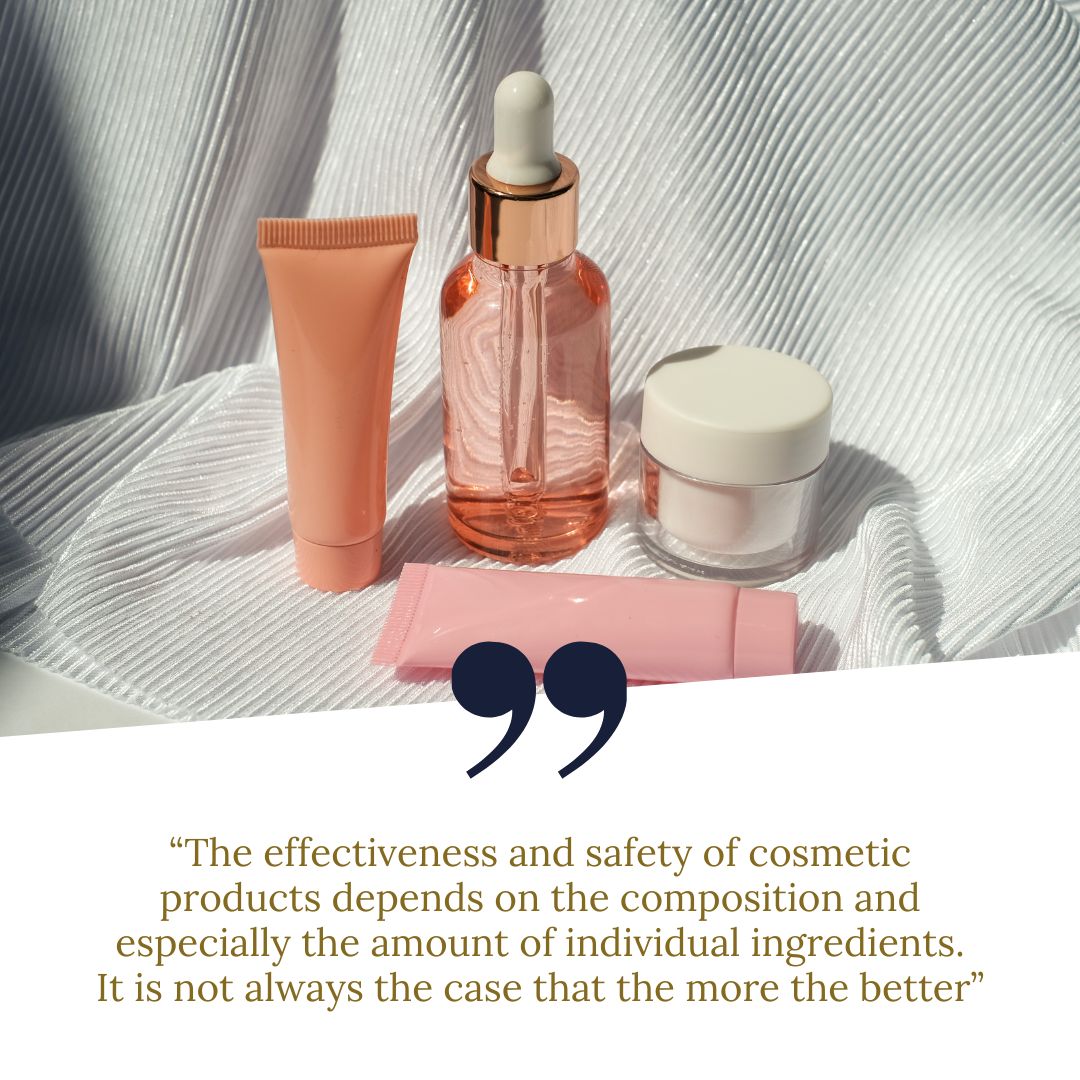7 myths in skin care

Having healthy and glowing skin is a goal for many women. This leads to plenty of information on skin care routines, products and practices. However, in the middle of a lot of advice, several myths persist, which, however, are not created on a real basis. Let's take a look at 7 common skin care myths to show you the reality behind these misconceptions.

Myth 1: Beauty products work instantly.
Reality: While some beauty products can create immediate results, such as hydration or a temporary smoothing effect, many products, especially those that target problems such as acne, pigmentation or wrinkles, require consistent use over time to show visible improvements. Patience and consistent application are the keys to seeing the long-term effect of cosmetic products.
Myth 2: The skin absorbs everything you put on it.
Reality: The skin acts as a barrier designed to protect the body from external influences. While some ingredients can penetrate the skin, not everything applied will be absorbed deeply. Many molecules are too large to penetrate below the surface of the skin, so it is important to choose active ingredients that can penetrate the skin barrier to achieve the desired results.

Myth 3: Natural products are chemical-free.
Reality: Every substance is a chemical. Whether we are talking about chemical substances of natural or synthetic origin. Chemicals of natural origin do not always mean that they are safe, and at the same time, chemicals of synthetic origin do not always mean that they are dangerous. Although most natural ingredients are very beneficial for the skin, not all of them are suitable for every skin type. Some substances can cause irritation (for example, niacinamide above 6%) or allergic reactions (for example, essential oils in large quantities). Therefore, the effectiveness and safety of cosmetic products depends on the composition and especially the amount of individual ingredients. It is not always the case that the more the better.
Myth 4: Cleansing with hot water opens pores.
Reality: Pores don't have muscles to open or close. Hot water can help loosen dirt and excess oil on the skin's surface, making it easier to clean, but it won't fundamentally change pore size. However, hot water excessively rids the skin of sebum, which leads to drying and irritation. For gentle cleansing without unnecessary stress on the skin, lukewarm water is more suitable.
Myth 5: You don't need sunscreen all year round.
Reality: UV rays penetrate through clouds and even building windows, leading to skin damage and premature aging. Sunscreen protects your skin from harmful UV rays regardless of the season and weather (yes, it protects you even when it's cloudy). In winter, you don't need to re-apply sunscreen as often as in summer, but it's still recommended to apply it as the last step of your morning routine.
Myth 6: Cosmetic products can shrink pores.
Reality: Pore size is mainly determined by skin type. Although some products can temporarily visually improve the appearance of pores, they cannot fundamentally change their size. Regular cleansing and exfoliation can help keep pores clear and less noticeable.
Myth 7: Skin care products work the same for everyone.
Reality: Skin types vary, and what works wonders for one person may not produce the same results for another. Understanding your skin type and its specific needs is essential to choosing the right products and procedures.
Proper skin care involves separating fact from fiction. By debunking these common myths, we can make more informed decisions about our skin care routine, ensuring healthier and happier skin in the long run.
